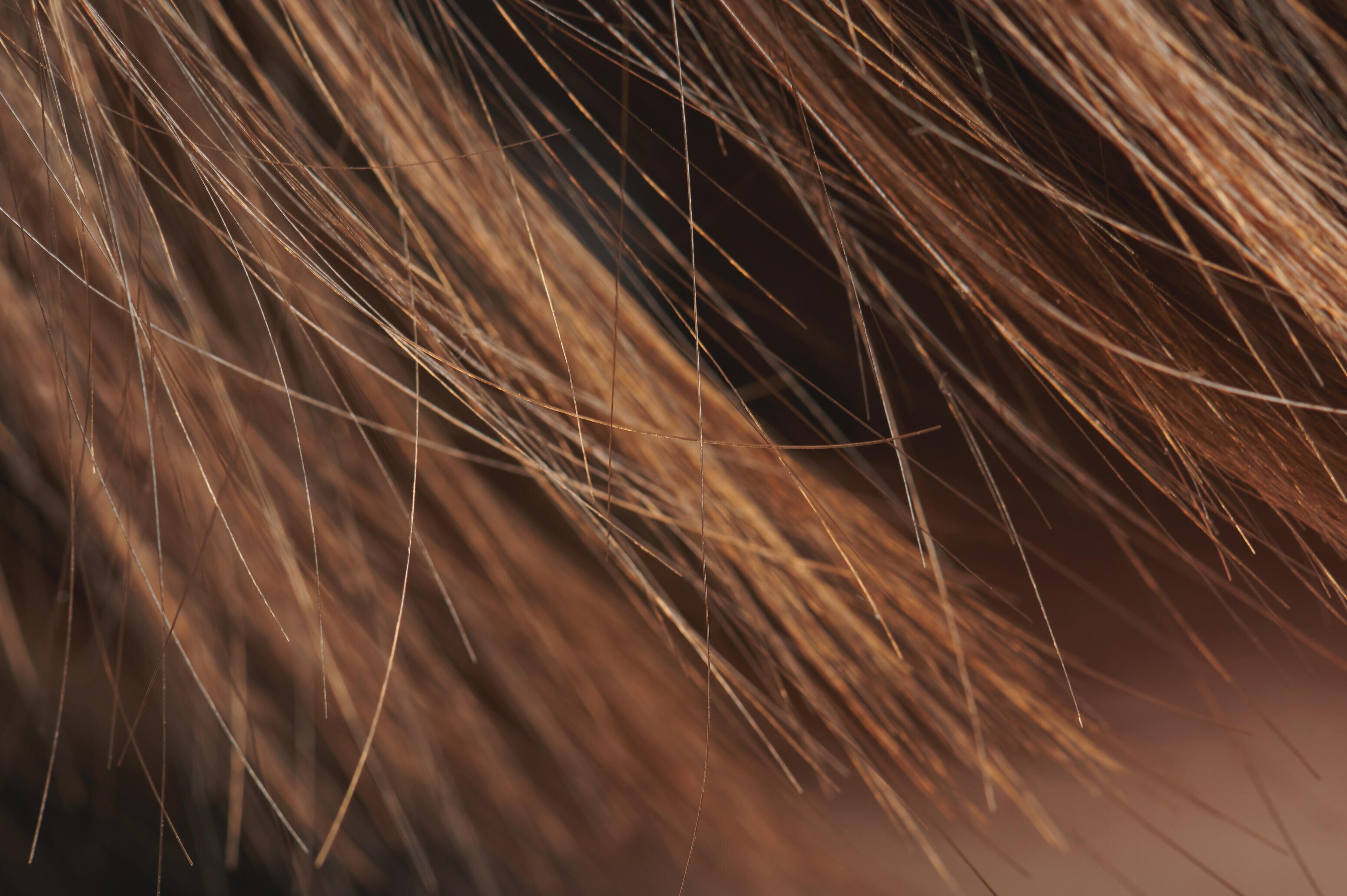What makes hair thin?
What is the link between thin hair and hair loss in men?
When the duration of the hair cycle is disrupted, very thin hair and hair loss are even more closely linked, especially in cases of androgenetic alopecia. In fact, due to an excess of androgen hormones, hair is renewed too quickly (as a result of the hair cycle speeding up), and the scalp cannot keep up. Another effect of these androgen hormones is the miniaturization of the bulb, causing new hair growth to be thinner. The consequence: this chronic hair loss gradually leads to hair miniaturization and a drop in hair density. This process only makes naturally thin hair even thinner and more fragile.

